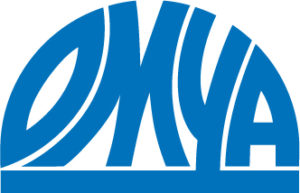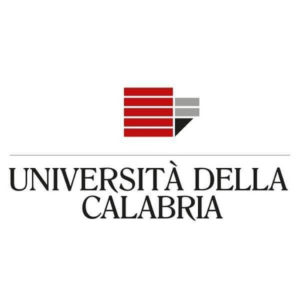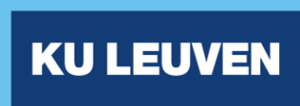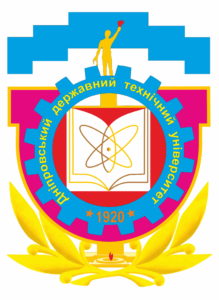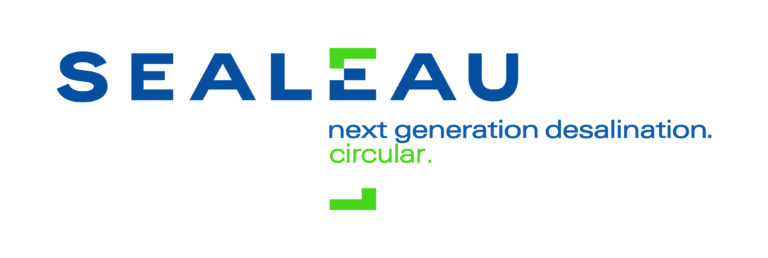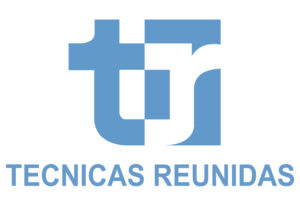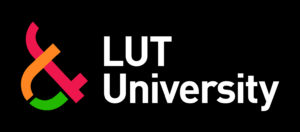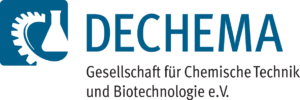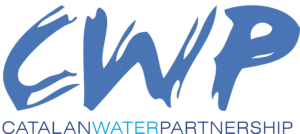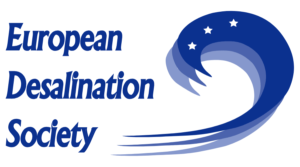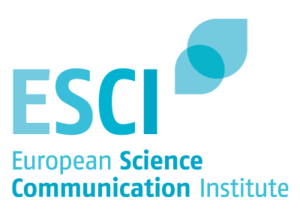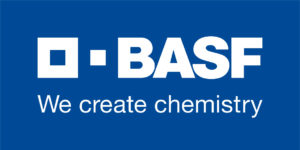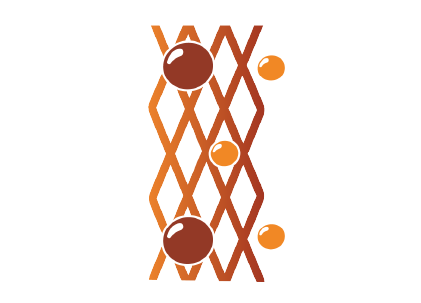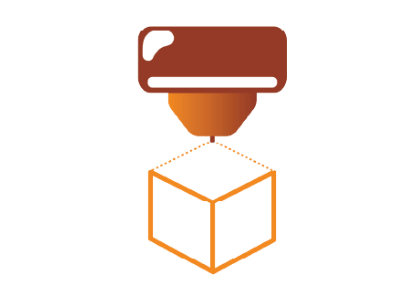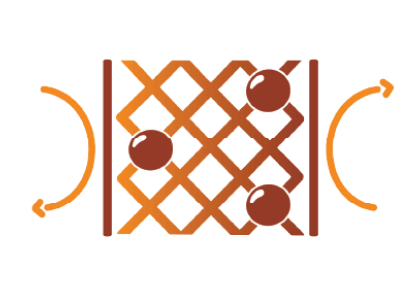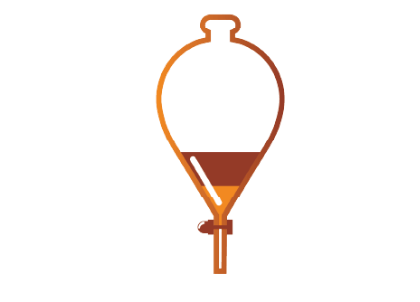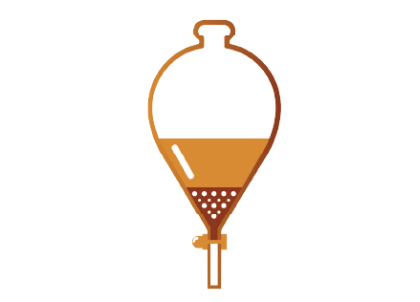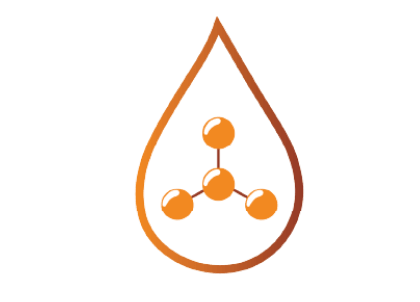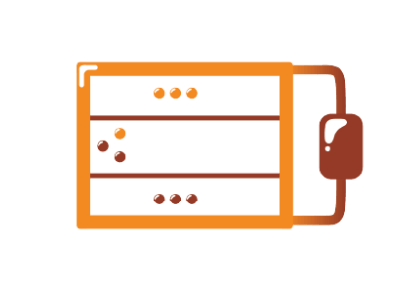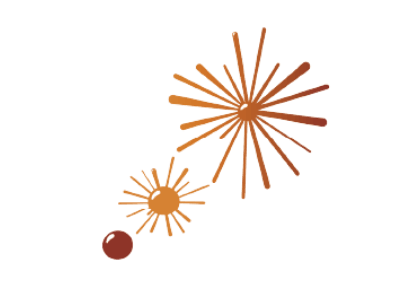Partners
Eurecat is the leading technology centre in Catalonia, and the second largest private research organization in Southern Europe. It manages a turnover of 38M€ and 700 professionals, is involved in more than 160 R&D projects and has a customer portfolio of over 1,000 companies.
Eurecat is currently participating in more than 70 EU-funded collaborative projects (H2020, FP7, CIP, Life+, etc.). In addition to this wide experience at European level, Eurecat is also a strong player in the various R&D programmes sponsored by the Spanish and Catalan administrations, with more than 160 ongoing projects. Technology transfer is also an essential activity in Eurecat, with 36 international patents and 9 technology-based companies (eight in Spain and one in Latin America) started-up from the centre.
Eurecat R&D, innovation and training activities span from industrial technologies (metallic, plastic and composite materials, manufacturing processes, autonomous and professional robotics, functional printing and fabrics, simulations and sustainability) to digital technologies (digital humanities, big data analytics, IT security and smart management systems, e-health, data mining and multimedia technologies) and biotech (omic science and nutrition & health). Additionally, Eurecat has recently been accepted by the European Commission as a KET (Key Enabling Technologies) technology centre in order to collaborate with SMEs on close-to-market research and innovation activities.
In addition to being the project coordinator, EURECAT, will develop novel ion-selective membrane-based processes to separate and recover the target minerals and metals; and will integrate the knowledge from the technical innovations generated by other partners in a process simulation platform to predict their performance. It will also ensure the compliance with the ethics requirements.
Aqualia is a water management company owned by the citizen services group FCC (51%) and the Australian ethical fund IFM Investors (49%). It is the fourth largest water company in Europe by population served and is among the top ten in the world, according to the latest Global Water Intelligence ranking (August 2019).
It currently serves more than 25 million users in 17 countries: Algeria, Saudi Arabia, Colombia, Chile, Ecuador, Egypt, the United Arab Emirates, Spain, France, Italy, Mexico, Oman, Portugal, Qatar, the Czech Republic, Romania and Tunisia. In 2019, the company billed €1,187 million and had a business portfolio of €15,018 million.
Aqualia covers the whole water cycle, managing water and wastewater services in more than 1100 towns and cities. Its activity comprises 5 major areas:
- Integral management of public water services
- Management, operation, and maintenance of water infrastructure.
- Design, construction and financing of water infrastructure.
- Funding of construction of public works for the renovation of infrastructure and improvement of public service.
- Consulting services in water management and other services for specialized industries such as oil and gas, food and pharmaceuticals.
Aqualia has its own Innovation and Technology Department, in charge of over 17 industrially oriented demo projects. Moreover, Aqualia has a long experience in developing innovative solutions for wastewater treatment.
AQUALIA will validate the technologies, implementing a moving lab (40 feet container) to test them with real brine in two seawater desalination plants locations.
Is a leading global producer of industrial minerals – mainly derived from calcium carbonate, dolomite and perlite – and a worldwide distributor of specialty chemicals.
The company provides a wealth of innovative product solutions that contribute to its customers’ competitiveness and productivity in multiple industries such as construction, paper and board, polymers, food, and personal and home care. OMYA further provides environmental solutions targeting the agriculture, water and energy markets.
Founded in 1884 in Switzerland, OMYA has a global presence extending to more than 175 locations in over 50 countries with 9.000 employees.
For decades, OMYA has been developing and expanding its expertise in all business sectors on this very basis. More than one hundred scientists, engineers and technicians work in applied technology, developing new products and improving established ones.
Committed to implementing the principles of sustainability at all company levels, they provide added value products and services from responsibly sourced materials to meet the essential needs of current and future generations.
OMYA is involved in the exploitation and future market uptake of the project. Specially in the identification of markets for Calcium, Magnesium and Lithium, including all regulatory requirements to place such products by country and application.
This is the largest technology university in Spain with over 30,155 students, 30 departments and 226 research groups. The UPC is a public institution dedicated to higher education and research, specialized in the fields of engineering, architecture and science.
Under the current Horizon 2020 programme, the UPC has been involved in 175 projects, coordinating 48. The UPC is also working on 33 projects (coordinating 6) funded by other European programmes. All of these projects have a total European Union financial contribution of €65.7 million.
Today the university actively welcomes international students and it offers a wide selection of degree courses in English. It participates in the European Institute of Innovation and Technology and in various international research programmes. Its worldwide cooperation serves as a driver for change and progress.
To strengthen international collaboration, UPC has its own international research fellowship programme and supports international scholars in international funding applications. UPC Research & Development is the technology transfer office of the UPC. Since 1989 a multidisciplinary team of experts guides researchers in their interaction with industry and society, and the valorisation of their research results. UPC hosts the EIT KIC InnoEnergy, with a focus on renewable energy and it is member of EIT Raw Materials.
UPC will be in charge of the recovery of boron by using bipolar membranes in electrodialysis systems and of the selective chelating resins and setting the optimal conditions for pre-concentrating.
The University of Calabria (UNICAL) was established in 1972 in Cosenza, Italy, with the aim to spearhead the development of this southern Italian region. At present, UNICAL includes 14 departments and more than 30,000 students. The Department of Environmental Engineering is composed of 36 professors and researchers, 14 technical-administrative units and several PhD and postdoc students. With more than 5,000 m2 of laboratory space and all main research equipment available within the UNICAL facilities (including the new SILA_HTI Technological Hall), the Department of Environmental Engineering proves a well-recognized expertise in the field of membrane technology, integrated membrane systems for process intensification, membrane contactors systems, bio-catalytic membrane reactors.
UNICAL will do bench-scale test for calcium and magnesium crystallisation.
From Renaissance philosophy to cutting-edge nanotechnology: as one of Europe’s oldest universities, KU Leuven boasts a long tradition of ground-breaking research and high-quality education. KU Leuven is dedicated to education and research in nearly all fields. Its fifteen faculties offer education, while research activities are organized by departments and research groups.
Other than studying the selective solvometallurgical dissolution in n-butanol for the production of lithium, KU Leuven will investigate binary extractants to recover magnesium and it will develop a non-dispersive solvent extraction for separation and recovery of target metals. KU Leuven will also develop a new process based on ionic liquid technology to recover indium.
Dniprovsky State Technical University (Kamianske, Ukraine) offers training programmes in 23 specialties and has about 5,000 students. The Sorbent Scientific-Pedagogic Centre is a DSTU research division and carries out scientific activity in the following areas: fundamental and applied study of rare, rare-earth, non-ferrous and noble metal sorption and extraction; working out sorption and extraction materials for selective recovery of target components from dressed ores and industrial waste; designing of low-waste hydrometallurgical technologies.
Within Sea4Value project, the university team will evaluate ion-exchange resins (granular and fibrous) for selective scandium preconcentration; selects the most appropriate functionalities for their grafting to 3D printed matrix; participates in testing 3D adsorption modules regarding scandium recovery.
A Dutch company of Greek origin that offers innovative circular economy solutions on seawater desalination brine applications. It develops innovative thermal concentration and crystallization technologies, building on existing know-how and new R&D concepts that focus on the supply of clean and high-quality water, treatment of complex saline impaired wastewater and recovery of useful end products such as minerals for the chemical industry. The proof of concept was demonstrated successfully at pilot scale within SOL-BRINE, a project that was recognized in 2015 as the best out of 4,306 EU LIFE projects in the Environment category. Currently, SEALEAU is further developing the technology and is scaling up to commercialise its innovative circular desalination technologies.
SEALEAU BV will develop advance concentration and crystallisation technologies for the recovery of various minerals like sodium chloride.
The University of Bremen is a medium-sized German university with around 20,000 students. Bremen offers a wide range of subjects and degrees for its committed and talented students: more than 100 master’s and bachelor’s degrees, as well as the state law exam. Moreover, with research-based learning, the university has reinterpreted project-based courses, a defining feature originating from when the University of Bremen was founded.
UBREMEN will develop a thermal conductive polymer-based composite evaporator cell for concentration.
Técnicas Reunidas (TR) is an international general contractor, engaged in engineering, design and construction of industrial facilities for a broad spectrum of customers throughout the world. Most of its business is concentrated on large turnkey industrial projects, although it also provides engineering, management, start-up and operating services for industrial plants.
TR’s Division of Proprietary Technology Development undertakes for its clients industrial plants based on in-house developed technologies and processes. These technologies are focused on non-ferrous metals recovery and other electrochemical processes. With its industrial experience in solvent extraction TR ranks among the global benchmarks in this field and is a leader in zinc.
TR will work on the selective chelating resins and optimal conditions for preconcentration of vanadium and molybdenum.
Clean energy, water and air are life-giving resources for which LUT University seeks new solutions with its expertise in technology and business. It helps society and businesses in their sustainable renewal. Its international community consists of 6500 members. Its campuses are in Lappeenranta and Lahti, Finland.
LUT University will use 3D printing for the development of new selective absorbents for preconcentrating target scandium, indium, vanadium, boron and molybdenum. Furthermore, LUT University will improve the membrane performance of the different membrane types by polyelectrolyte multilayer coatings via layer-by-layer assembly.
An interdisciplinary scientific society with more than 5,800 individual, institutional and company members (including about 500 SMEs), whose activities cover wide areas relevant to the process industries. DECHEMA supports R&D and innovation in various fields of chemical engineering, environmental protection (esp. water management) and biotechnology.
DECHEMA’s work is supported by close to 100 working groups with experts from academia, industry and the public sector. DECHEMA is a board member of the European Technology Platform Sustainable Chemistry (SusChem), hosts the secretariat for the national SusChemD platform and is member of the EWP and WssTP.
DECHEMA is a co-organiser of ACHEMA, the world forum for the process industry (3,000 exhibitors, 160,000 visitors). It is also involved in approximately 50 conferences with over 10,000 participants per year, and it offers more than 20 training courses on different topics. DECHEMA manages national and European research clusters with about 100 employees.
DECHEMA will be in charge of the market analysis reports for the minerals and metals that are going to be recovered and will write the reports of the brine composition catalogue and database.
This non-profit partnership was launched in 2008 and is formed by 100 members including, consultancies, centres of knowledge, equipment manufacturers and other entities within the sector of the sustainable use of water. The CWP promotes projects and multilevel collaborations, for developing innovative & sustainable solutions to the global water needs and its mission is to improve the competitiveness of its members.
CWP is member of the Catalonia Clusters program of the Generalitat of Catalunya. It is recognized as Agrupación Empresarial Innovador (AEI) by the Ministry of Industry, Energy and Tourism in Spain, and has the bronze label of the European Cluster Management Excellence.
CWP will be in charge of designing two specialised workshops for sharing ideas and gathering feedback from the stakeholders to promote the discussion among partners and obtain opinions about the activities and the direction of the project.
A Europe-wide organisation for individual and corporate members including universities, companies, research institutes, government agencies and all those concerned with desalination and membrane technologies for water.
The society unites all those interested in promoting desalination, water reuse and water technology. It covers all the processes, roles and activities relating to desalination: research, applications, consulting, contracting, operation and maintenance, manufacturing, marketing, economics, legislation.
EDS will coordinate all the research about the brine collection, characterization and cataloguing brine composition catalogue and database.
This non-profit communication agency empowers scientists and engineers, helping them to communicate with a non-expert audience to bridge the gap between science, technology and society.
It supports national and international research and innovation initiatives in communicating effectively and leveraging their dissemination potential.
In addition, it provides up-to-date media training and a compelling set of dissemination tools specifically with different stakeholders and target audiences in mind.
ESCI leads the communication and dissemination of the project results.
During the project, it will identify the communication needs for specific audiences, and find and use the right communication channels to reach them.
Is a Dutch company that aims to translate innovation on water & energy fields into impactful market products and services.
WEI makes use of combined experience of more than 10 years to generate impact not only on a technical, but also a political and socio-economical level. WEI has a strong experience in identifying and closing technological gaps, in facilitating communication between research, industry and the public sector and in supporting the market uptake of innovation. It has also experience in developing and deploying advanced software tools, namely smart, flexible and customisable process control and optimisation dashboard supporting an end-to-end process of data collection, harmonisation, processing and visualisation for smart decision making. WEI also offers graphic design, data visualisation, content development, branding and marketing, social media engagement and media relations to maximise outreach and impact reporting for EU projects and other partners.
WEI will lead help with the knowledge related with metals & minerals process recover, with the software platform developed to centralize the technological developments in the project.
WEI will also contribute to the activities related to market system mapping, market analysis as well as the quality requirements of metals & minerals recovered, and the seawater desalination plant uptake of the multi-mineral modular brine mining process.
* From June 2021 to December 2021
* From June 2021 to December 2021


